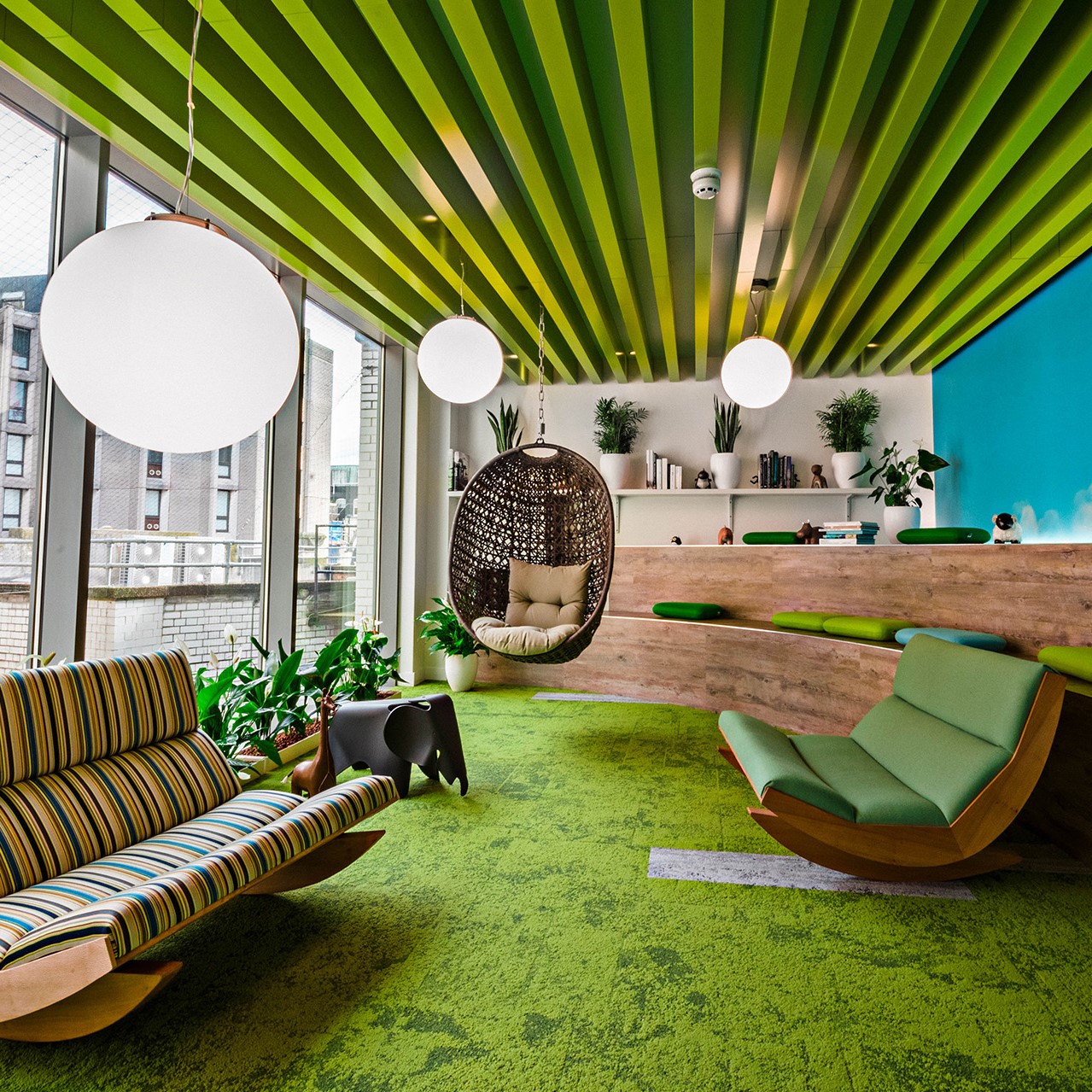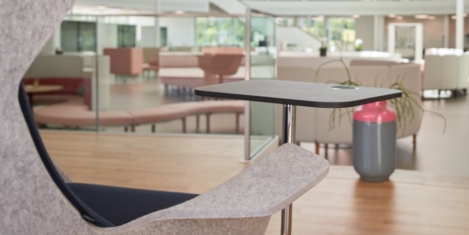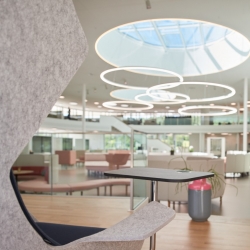To provide the best experiences, we use technologies like cookies to store and/or access device information. Consenting to these technologies will allow us to process data such as browsing behaviour or unique IDs on this site. Not consenting or withdrawing consent, may adversely affect certain features and functions.
The technical storage or access is strictly necessary for the legitimate purpose of enabling the use of a specific service explicitly requested by the subscriber or user, or for the sole purpose of carrying out the transmission of a communication over an electronic communications network.
The technical storage or access is necessary for the legitimate purpose of storing preferences that are not requested by the subscriber or user.
The technical storage or access that is used exclusively for statistical purposes.
The technical storage or access that is used exclusively for anonymous statistical purposes. Without a subpoena, voluntary compliance on the part of your Internet Service Provider, or additional records from a third party, information stored or retrieved for this purpose alone cannot usually be used to identify you.
The technical storage or access is required to create user profiles to send advertising, or to track the user on a website or across several websites for similar marketing purposes.
 Almost three-quarters of UK adults say it is important that we learn from the coronavirus pandemic to be more kind as a society, according to a new survey. The survey was published by the Mental Health Foundation to mark the start of Mental Health Awareness Week, which this year has the theme of Kindness. Two-thirds of people say that when others are kind to them, it has a positive impact on their mental health, according to the survey of 4,256 UK adults aged 18 and above.
Almost three-quarters of UK adults say it is important that we learn from the coronavirus pandemic to be more kind as a society, according to a new survey. The survey was published by the Mental Health Foundation to mark the start of Mental Health Awareness Week, which this year has the theme of Kindness. Two-thirds of people say that when others are kind to them, it has a positive impact on their mental health, according to the survey of 4,256 UK adults aged 18 and above.
































May 18, 2020
Neurodiversity measures do not hold up in the present culture
by Nadya Powell • Comment, Wellbeing